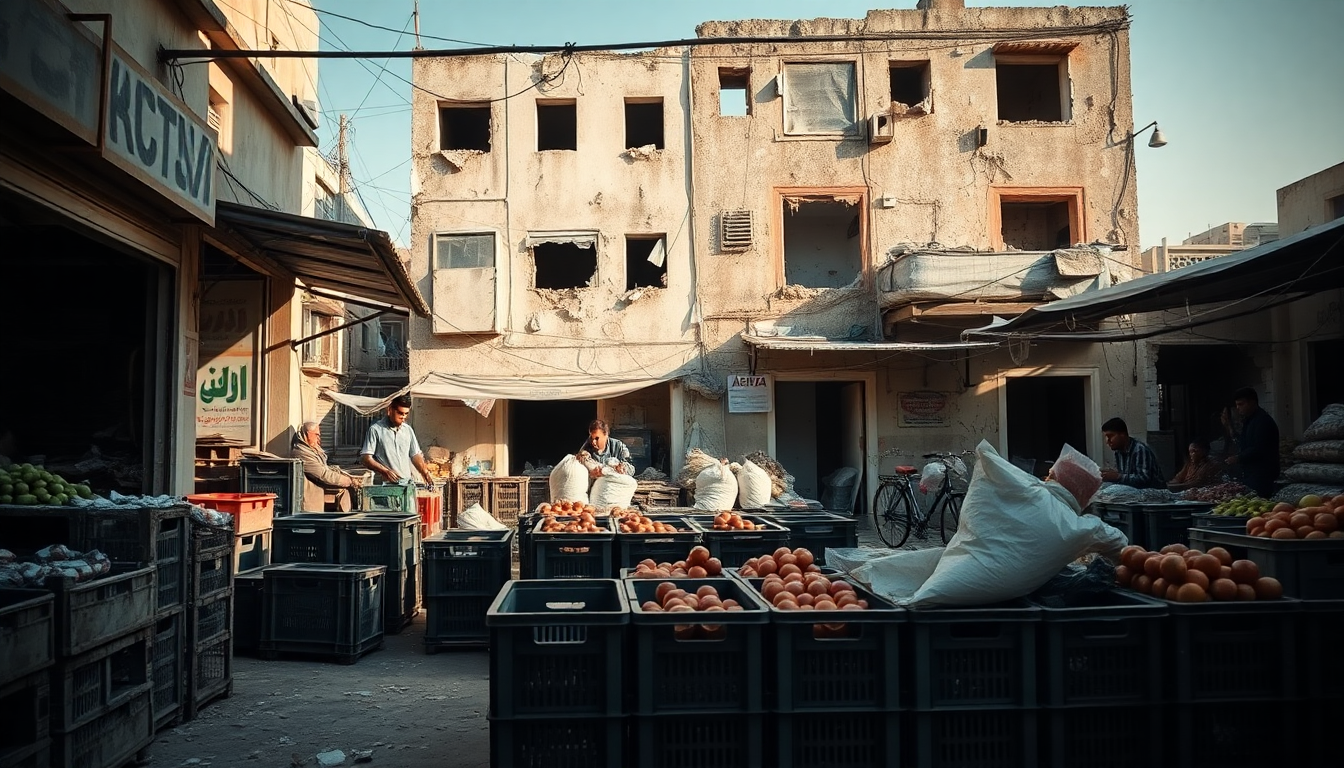Table of Contents
The ongoing crisis in Gaza is painting a bleak picture for its residents, who are grappling with severe shortages of food, medicine, and essential supplies. But why is this happening, and what does it mean for the people living there? In this article, we’ll explore the various dimensions of this crisis—from its historical roots to the current conditions on the ground, as well as how the world is responding.
As the situation evolves, it’s crucial to grasp the complexities involved.
Historical Context and Current Conditions
To understand the current crisis in Gaza, we need to look back at decades of conflict, political instability, and economic challenges. The region has endured blockades, military operations, and sporadic violence, all of which have taken a heavy toll on its infrastructure and economy.
Unfortunately, many residents now find themselves living in poverty and facing food insecurity, which has only worsened over time.
Recent escalations in violence have intensified these dire conditions, leading to widespread displacement and heartbreaking loss of life. Humanitarian organizations are raising alarms, reporting that access to crucial services like healthcare and education has sharply declined.
The international community is watching these developments with increasing concern, but responses have varied—often reflecting different political interests and alliances. Why is it that some nations respond more actively than others?
International Response and Political Implications
The international response to the Gaza crisis is a tangled web of geopolitical maneuvering.
Many nations and organizations are attempting to mediate and provide aid, yet their efforts often get caught up in the complexities of global politics. Take, for instance, the involvement of major powers like the United States and regional actors; their influence shapes the very dynamics of the conflict.
Moreover, humanitarian aid is frequently viewed through a political lens, leading to accusations of bias and double standards. This adds layers of complexity to an already challenging situation. As we look at how the crisis unfolds, it’s crucial for all involved to focus on humanitarian needs while tackling the underlying political issues.
How can we ensure that compassion overrides political agendas?
Future Outlook and Considerations
As we gaze into the future of Gaza, uncertainty looms large. The ongoing conflict and humanitarian challenges suggest that things could get worse without significant intervention. Experts agree that we need a comprehensive approach—one that tackles both immediate humanitarian needs and long-term political solutions if we hope to see any real progress.
Public awareness and advocacy are also critical in shaping the international response. As we, the global citizens, become more informed about the realities on the ground, we can apply pressure on governments to act decisively and humanely. Understanding the complexities of the Gaza crisis is essential for fostering a more engaged and informed global community. So, what can you do to help raise awareness and take action?





